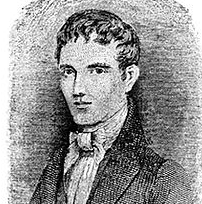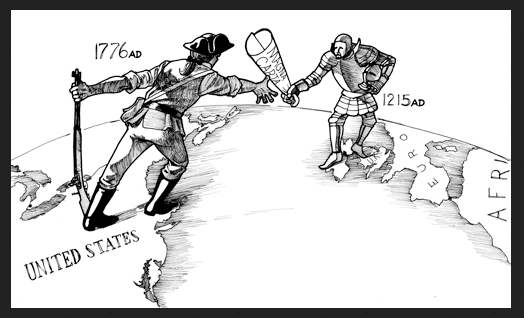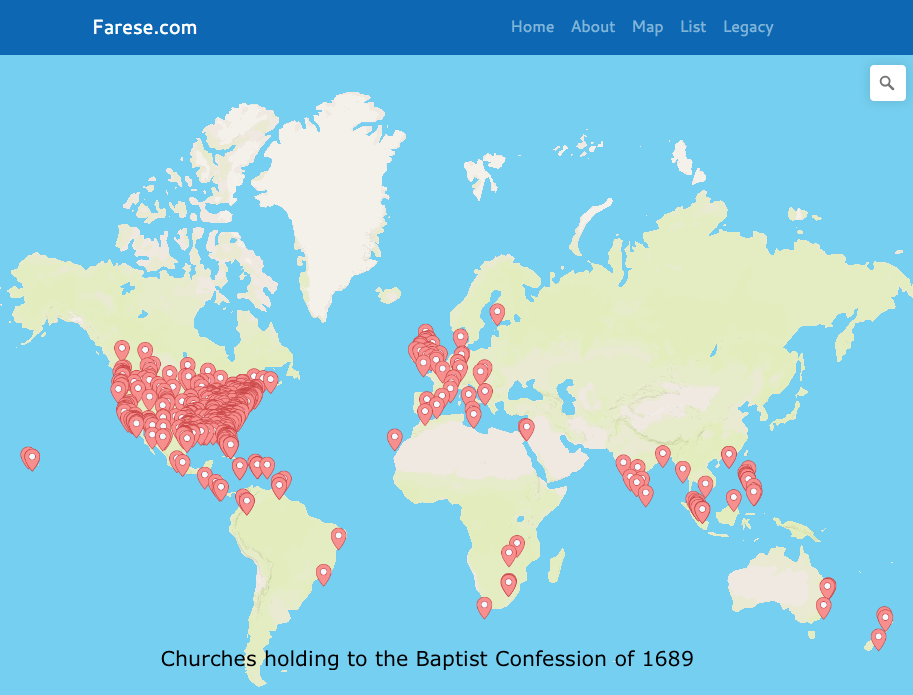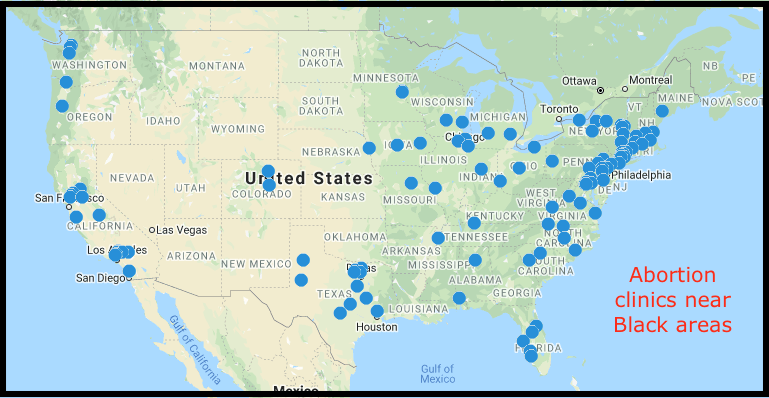Awards:
- Book of the Year: John Bunyan, The Holy War
- Surprise of the Year: Daryl Wingerd, Divorce and Remarriage
- Worst of the Year: Ansari, Islam to the Modern Mind
Scoring:
0 The book was notable for lacking this category repeatedly.
1 The book dipped into this category at times.
2 The book consistently demonstrated this category.
Non-Fiction Categories:
- Weight: Did the book ask and answer the most germane questions about an important topic?
- Research: Did the writer demonstrate a thorough command of the subject?
- Style: Did the theme, vocabulary, and composition represent an enduring standard?
- Logic: Did the book model logic in definitions, formatting, and focus?
- Affections: Was some truth presented powerfully to the affections?
| NON-FICTION 28 in 2020 ________________ | W | R | S | L | A | Score |
| Lukas, Carrie. The PIG to Women, Sex, and Feminism. 2006, 221 pp. What women most want will not be found via feminism. | 2 | 2 | 1 | 2 | 0 | 7 |
| Paton, Maggie. Letters and Sketches from the New Hebrides. Original 1865-1889, reprint 2003. 382 pp. A godly woman writes letters on life and ministry from an untouched island. It is insightful, interesting, and humorous especially if you are a missionary. | 2 | 2 | 2 | 2 | 1 | 9 |
| Murray, Iain. A Scottish Christian Heritage. 2006. 402 pp. Scotland’s amazing history includes revivals that have much to teach us about piety and doctrinal fidelity today. | 2 | 2 | 2 | 2 | 2 | 10 |
| Miravalle, John Mark. Beauty. 2019. 157 pp. Man yearns for the beauty which is hinted at in art and ultimately found in God. Not much Scripture. | 1 | 2 | 2 | 1 | 1 | 7 |
| Ansari, Fazlur. Islam to the Modern Mind. 1970, 72, printed in 1999. 326 pp. A series of lectures given in SA to Muslims on common Islamic doctrines and practices. | 1 | 1 | 0 | 0 | 0 | 2 |
| Jones, Mark. Knowing Christ. 2015, 250 pp. Second time through these meditations after choosing it as book of the year for 2019. | 2 | 2 | 2 | 2 | 2 | 10 |
| Lewis, C.S. The Screwtape Letters. Ca 1945, 160 pp. Lack of knowledge about human nature leads many into sin. | 2 | 2 | 2 | 2 | 2 | 10 |
| Behe, Michael. Darwin’s Black Box. 2006. 329 pp. The cell shows irreducible complexity that could not possibly have evolved. | 1 | 2 | 2 | 1 | 1 | 7 |
| Bunyan, John. The Holy War. Perhaps the greatest book ever written outside the Bible. | 2 | 2 | 2 | 2 | 2 | 10 |
| Marshall, Tim. Prisoners of Geography. 2016, 320 pp. The geography of the world’s major countries influences and sometimes dictates their far-reaching decisions. | 2 | 2 | 1 | 2 | 1 | 8 |
| Wingerd, Daryl. Divorce and Remarriage. 2009. 158 pp. It is always a sin to initiate a divorce or remarriage if the spouse is still alive. | 2 | 2 | 2 | 2 | 1 | 9 |
| Wylie, James. The History of the Waldenses. 1880?, 205 pp. In the mountains of Italy and France, godly believers fought against tyranny and endured persecution for hundreds of years. Some breathtaking passages. | 2 | 2 | 2 | 2 | 2 | 10 |
| Baxter, Richard. A Call to the Unconverted. 1657, 134 pp. There is every reason in Heaven and earth to turn to Christ and live, and therefore the most compelling, gripping, logical, Biblical arguments ought to be blended with all the passion that divine grace has given to a Christian for his use in converting sinners. | 2 | 2 | 2 | 2 | 2 | 10 |
| Adams, Jay. Marriage, Divorce, and Remarriage. 1980, 99 pp. Divorce and remarriage are possible under a great many circumstances loosely bound by the categories of sexual sin and the desire of an unbeliever. | 0 | 1 | 1 | 1 | 0 | 3 |
| Postman, Neil. Technopoly. 1992, 222 pp. Since all technology changes man often in subtle, unexpected, and powerful ways, it must be received cautiously and held in throttle lest unforeseen consequences devastate cultural virtue. | 2 | 2 | 2 | 2 | 2 | 10 |
| Brown, Scott. It Can Be Done. 2009, 123 pp. These hearty rhymes from yesteryear Will make a man, if he will hear As a boy ‘fore he’s grown old, To follow his father’s God. | 2 | 1 | 2 | 2 | 1 | 8 |
| Sowell, Thomas. Race and Culture. 1994, 331 pp. The differences between racial groups is largely based on personal behavior patterns, willingness to change, work habits, attitudes toward finances, and moral characteristics. | 2 | 2 | 2 | 2 | 1 | 9 |
| Bradley, Maureen, ed. Worthy is the Lamb. 2004. 374 pp. A collection of the best Puritan poems. | 2 | 2 | 2 | 2 | 2 | 10 |
| Gregory, John. The Seven Laws of Teaching. 1884, 144 pp. The science of teaching must be mastered according to seven basic laws. | 2 | 2 | 2 | 2 | 1 | 9 |
| Schultz, Bob. Created for Work. 2006, 181 pp. To be men, boys need to learn a culture of work from Scripture. | 2 | 2 | 2 | 2 | 1 | 9 |
| Taylor, Richard. The Disciplined Life, 1962, 102 pp. Self-discipline is a Christian virtue. | 2 | 1 | 1 | 1 | 2 | 7 |
| Binning, Hugh. Christian Love. 1735, new edition 2004, 81 pp. A 26-year-old’s insightful comments on the practical applications of love. | 1 | 2 | 2 | 2 | 2 | 9 |
| Postman, Neil. Amusing Ourselves to Death. 1985, 184 pp. Americans have been programmed especially by the television to expect entertainment in every sphere of life. | 1 | 2 | 2 | 2 | 2 | 9 |
| Schweikart, Larry and Dave Dougherty. The PIG to The American Revolution. 2017, 324 pp. America is exceptional because it alone among all the countries in history was founded by a citizenry committed to private property, common law, free markets, and the Protestant religion. | 2 | 2 | 2 | 2 | 2 | 10 |
| Chesterton, G. K. Orthodoxy. 1908, 155 pp. (audio, listened twice) Only the Christian faith in general and the Catholic church in particular makes sense of the world. | 1 | 1 | 2 | 2 | 1 | 7 |
| Baxter, Richard. Autobiography, republished and abridged by Christian Focus, 1998, 166 pp. The best 25% of the original autobiography with a few pages from other contemporary accounts. Excellent. | 2 | 2 | 2 | 1 | 2 | 9 |
| Owen, John. The Glory of Christ. 1684, reprint 1987, 190 pp. The soul that would know God and keep off “spiritual decays” must fix his mind on each glory of Christ. | 2 | 2 | 2 | 2 | 2 | 10 |
| Wilson, Doug. Five Cities That Ruled the World. 2009, 257 pp. These five cities made unique and dramatic contributions to the world. | 2 | 1 | 1 | 1 | 1 | 6 |
Fiction Categories:
- Biblical: Did the author honor Scriptural truth or a Christian worldview even if unwittingly?
- Creative: Did the author grip the imagination by inventing characters, situations, or other aspects of reality?
- Style: Did the theme, vocabulary, and composition represent an enduring standard?
- Credible: Were the characters, plot turns, and relationships believable?
- Affections: Was some truth presented powerfully to the affections?
| FICTION 3 in 2020 ________________ | B | C | S | C | A | Score |
| Orczy, Emmuska. The Scarlet Pimpernel. Though he ought to have loved his wife by listening and asking better questions, Sir Percy took risks in a noble cause and devoted his life to preserving the lives of others. | 1 | 2 | 2 | 1 | 2 | 8 |
| Harris, W. S. Mr. World and Miss Church Member. 1901, 315 pp. Miss Church Member tries to evangelize Mr. World, but he tempts her to walk on his road rather than being compelled to walk the narrow path. | 2 | 2 | 1 | 2 | 2 | 9 |
| Stowe, Harriet. Uncle Tom’s Cabin. 1852, 477 pp. Many cruelties were preserved legally during slavery in America (even though the legacy of the Civil War has been an expanding federal government). | 2 | 2 | 2 | 1 | 2 | 9 |














